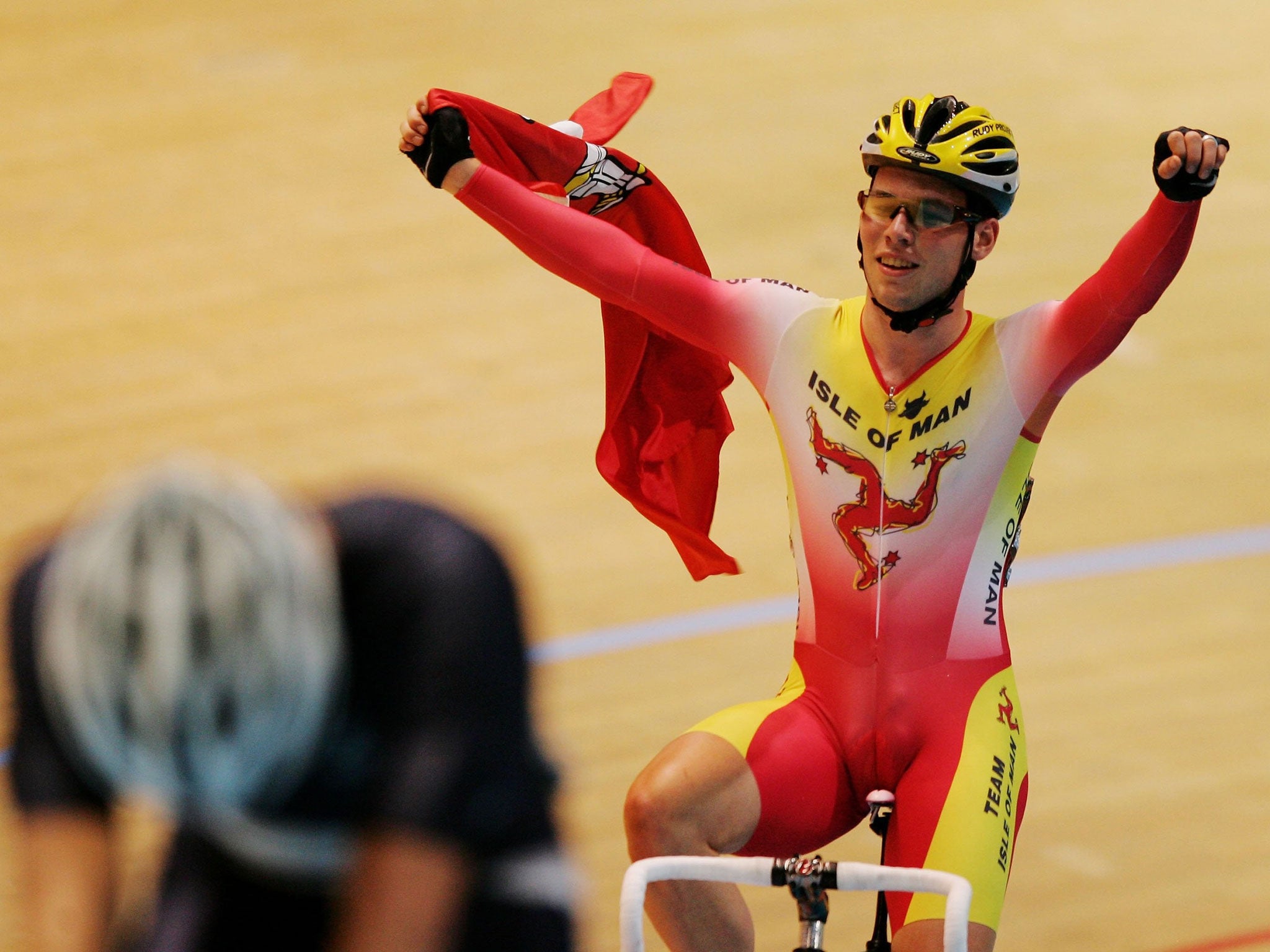The Last Word: Commonwealth organisers must think small to preserve true spirit of Games
Glasgow 2014 is a mammoth event. Urgent downsizing is in order

What is the point of the Commonwealth Games? The international sports calendar is congested enough – and that’s before you consider it is an anachronistic event stuck in our imperial past that doesn’t even feature the world’s best athletes.
Mo Farah this week joined Usain Bolt in not committing to Glasgow 2014, meaning that the event could be without two of the biggest stars of London 2012. The world’s greatest distance runner is focusing on the London Marathon next spring and the world’s fastest man is doing what he always does by keeping us guessing until the moment he wakes up and fancies it.
And well they might prevaricate given the luxury they have, as two of the most successful athletes in track and field, of picking and choosing their events. What’s a Commonwealth gold medal when you already have two or three Olympic ones in your bedside drawer at home and millions in the bank?
But for the thousands of athletes for whom that is an unattainable dream, not only because their talent does not stretch to becoming Olympic champion but because their homeland is not even recognised as a country, the Commonwealth Games is their Olympics.
What chance of Nauru winning an Olympic gold? Beyond remote, but the tiny Pacific island (population 10,000) and one of the world’s smallest democracies won a gold and a silver medal at the 2010 Commonwealth Games in Delhi.
What chance the Isle of Man? Zero, as the self-governing Crown dependency is subsumed into Great Britain for the Olympics so cannot compete under its own flag. The fact that it can enter its own team in the Commonwealth Games means we can have the pleasure of watching Manxman Mark Cavendish ride against Englishman Bradley Wiggins. That does not happen at any other international track event because they are on the same team. It is one of many unique contests in a colourful tapestry of Home Nations rivalries.
It amounts to arrogance on a par with imperialism itself to say it is an irrelevant event now Britain no longer needs it to jolly along the inhabitants of its colonial outposts – and its own troops – to prevent them revolting.
For Britain, where we are spoilt for choice when it comes to both watching and partaking in elite sport, it is way down the pecking order of priorities but tell that to the Cayman Islands and Guyana.
For that reason alone it is an event that does still matter and why I disagree with the view stated in my opening paragraph.
It is too easy to dismiss the Commonwealth Games as an antiquated sporting concept. This is made even easier by the Commonwealth Games Federation which, to judge by its administrative chaos, missed the memo from its respective governments about a new Commonwealth Charter to “modernise and sharpen the impact” of its member association.
The Commonwealth Games do hail from another age but their quaintness is to be embraced. Lord knows, we need some refuge from the Americans now that even the Man Booker Prize is open to them.
Competitors talk of a more intimate and less pressured environment than the Olympics. The experience can be an education: Rebecca Adlington was deeply moved by the shocking poverty she saw in India in 2010.
The very appeal of the Commonwealth Games is its charming amateurism in a world of professional sport. Fans feel closer to athletes who are ordinarily closeted away behind corporate brands and distanced by higher ticket prices.
In that sense, however, it has lost its way. Glasgow 2014 is a mammoth event with a £524m budget.
The first Games, in Hamilton in 1930, featured 400 athletes from 11 countries competing in six sports. Next summer in Glasgow there will be 6,500 athletes from 70 countries in 17 sports. It amounts to Olympics lite and that is missing the point.
An urgent downsizing is in order. Lawn bowls, netball and squash are not in the Olympics and deserve the shop window but rugby sevens, badminton and hockey are. Do they really need the Commonwealth Games too?
Without rationalisation, what hope have Botswana, Sri Lanka or Jamaica of keeping up with exponentially rising budgets and expanding ambitions? Developing nations of this size are already priced out of staging the Olympics.
So, rather than Hambantota in Sri Lanka, the Commonwealth Games in 2018 will be held on the Gold Coast in Australia, the nation that tops the all-time medals table.
Yet if the small nations around which this event was founded can never afford to host it, then it will really lose its relevance.
Join our commenting forum
Join thought-provoking conversations, follow other Independent readers and see their replies
Comments